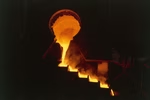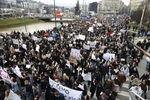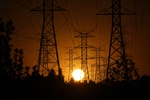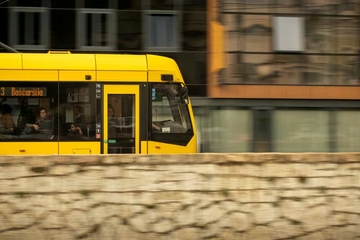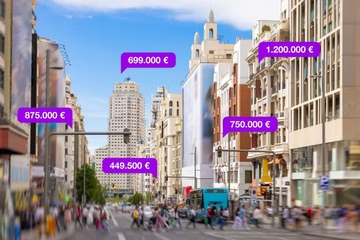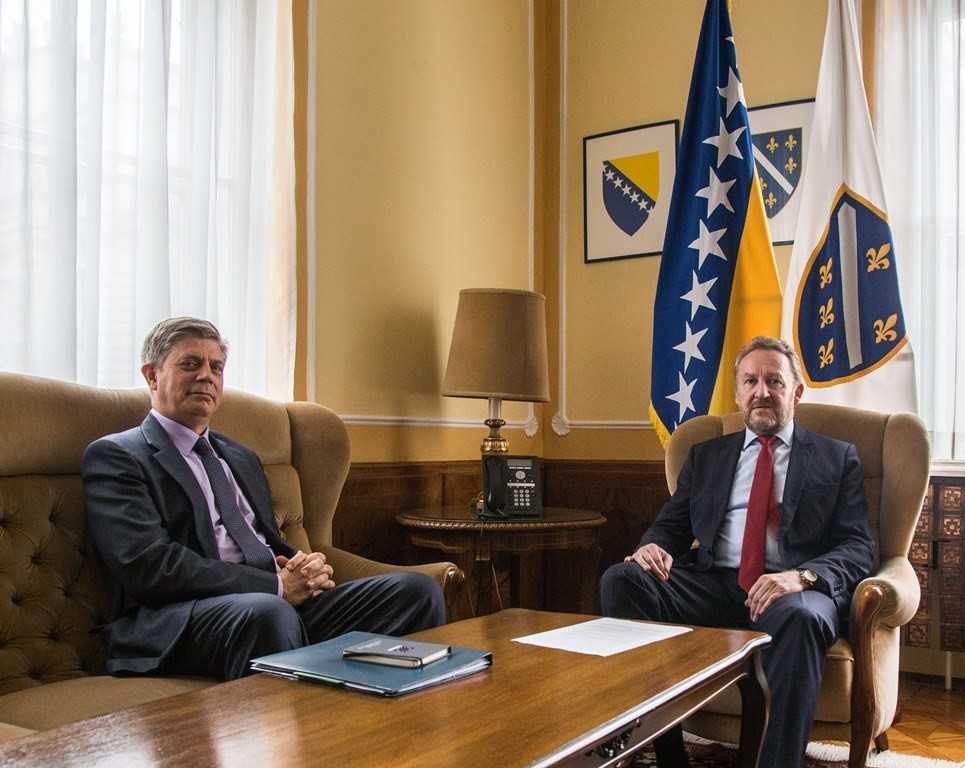
The Bosniak member of the country’s tripartite Presidency on Tuesday asked the EU Special Representative in Bosnia for an official statement from the European Commission over their financing of a bridge neighbouring Croatia is building across Bosnian waters, even though Bosnia objects to it.
The meeting between Presidency member Bakir Izetbegovic and the EU’s Lars-Gunnar Wigemark was unannounced.
The issue at the centre of the meeting was the construction of the Peljesac Bridge, which is intended to link the Croatian mainland and the Peljesac Peninsula, bypassing a 15 kilometre-long strip around the city of Neum that represents Bosnia and Herzegovina’s only coast on the Adriatic Sea.
The bridge would cut travel time between the Dubrovnik area and the rest of the country by circumventing customs and border controls around Neum.
Predominantly Bosniak political parties are against the construction of the Peljesac Bridge because they believe it might prevent large vessels from entering Bosnia's Bay of Neum, threatening Bosnia and Herzegovina's access to open sea.
They also claim that the border between the two countries in the bay remains undefined.
Izetbegovic told Wigemark that Bosnia’s official stance on the construction of the bridge is defined in a 2007 Bosnian Presidency document and a letter from then-Chairman of the Presidency, Nebojsa Radmanovic, which was forwarded to Croatia in 2009.
The document and the letter say that Bosnia is asking Croatia to halt any activities regarding the construction of the bridge until the maritime borders between the two countries are defined and until the issue of Bosnia’s access to the sea, which is guaranteed by the UN Convention on Maritime Law, is resolved.
"This stance has been confirmed multiple times, and Croatia was informed of it each time," a statement from the Presidency said.
"Izetbegovic added that the European Commission was aware of Bosnia’s official stance, and that, a pre-feasibility study from 2014, which the EU financed, determined that the construction of the Peljesac Bridge could result in an international legal dispute," it said. "Despite all of this, a decision was made to co-finance the construction of the Peljesac Bridge from EU funds based on invalid documentation Croatia submitted and Croatia’s baseless claim that Bosnia does not object construction of the bridge."
Furthermore, the European Commission never officially asked for Bosnia’s opinion before deciding to finance the project, "in this way showing an unacceptable attitude toward Bosnia and Herzegovina," the Presidency stated.
The European Commission never reacted to multiple warnings from Bosnia.
Izetbegovic told Wigemark that EU citizens are financing and enabling a project which breaches international law and which endangers the rights of Bosnia, a future EU member.
Kakvo je tvoje mišljenje o ovome?
Učestvuj u diskusiji ili pročitaj komentare





 Srbija
Srbija
 Hrvatska
Hrvatska
 Slovenija
Slovenija











